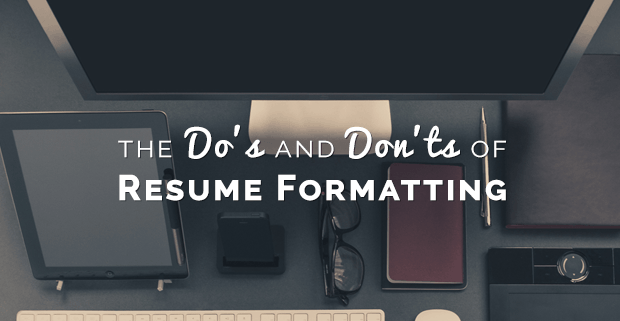
In Steve Jobs’s famous 2005 Stanford University commencement speech, the iconic tech leader tells young graduates to do what they love, that their time is limited, and that they shouldn’t waste time living someone else’s life. Jobs tells them that one should live each day as if it were his last. In final, he advises them to, “Stay hungry. Stay foolish.”
I concluded that it came down to three factors that “made or break” someone’s future job happiness: their boss, the activities they performed on a day-in and day-out basis, and the people they worked with
The speech went viral and was shared by millions. The speech was discussed and commented upon by countless newspaper reporters and columnists.
The question you’re asking yourself, as you embark in search of your dream job, is whether you should follow Jobs’s words of advice. “He was a successful entrepreneur, a powerful visionary, running one of the world’s largest tech corporations,” you’re thinking. “He must know what he’s talking about.”
The truth – as is the case with most maxims or adages − is that it’s half-right. This means it’s half-wrong, and for these reasons:
1. Follow your passion − yes, but only if have the talent, and the resolve to see your lifelong dream through. But thinking you have talent, and actually having talent, are two different things. Sad things happen when people aren’t able to differentiate the two.
2. You’re time isn’t limited. (Well, technically, it is limited because one day, you, me, everyone, will die.) But the point is, you have more time than you realize. But we all tend to waste it by browsing Facebook, watching too much TV, playing too many video games.
3. You shouldn’t live your life as if each day was your last. This leads to bad decision-making, and the sacrifice of long-term gain for short-term satisfaction. If you’re Steve Jobs, yes, you can live each day as if it was your last, because you’ve already made your billions. But for the rest of us, we should be spending time building up our skills, learning new things, reading, improving ourselves. These things take time, because skills build up slowly over years of practice. Nothing worthwhile ever happens overnight.
4. Despite what Jobs tells you, don’t “Stay Foolish,” unless you want to get ridiculed or fired. If you’re Steve Jobs, by all means, revel in all things foolish. Who’s going to fire Steve Jobs?
So what does all this mean to you?
1. Finding work you love involves a lot of trial and error, and − as much as I hate to admit − luck. Jobs was lucky when he met Steve Wozniak, the engineering genius behind the first Apple computer. Jobs was, again, lucky when Microsoft in 1997 made a lifeline investment in Apple, saving the company from bankruptcy.
Let’s face it: the fate of your job rests on your boss. If you have a good boss, one who ensures you get the right training, mentors you, gives you constructive feedback, then count yourself lucky.
2. Do follow your passion, but to a limit. Here’s my adage: the more creative, the more glamorous the job, the more competitive it becomes in finding monetary success. Space is limited for the next Lawrence Olivier (stage and film actor), Alice Munro (novelist), Walter Cronkite (television journalist). It takes talent, yes, but also luck. Think of the thousands of equally-talented authors, artists, journalists who toil in obscurity, never attaining stardom, recognition, or decent or high income. If you’re passionate about writing, music, or what-have-you, and you have the talent, don’t turn your back on it. But also remember that luck plays a role. Continue reading →





